Half of GBV cases withdrawn at police stations… Family members influence survivors to forgive abusers
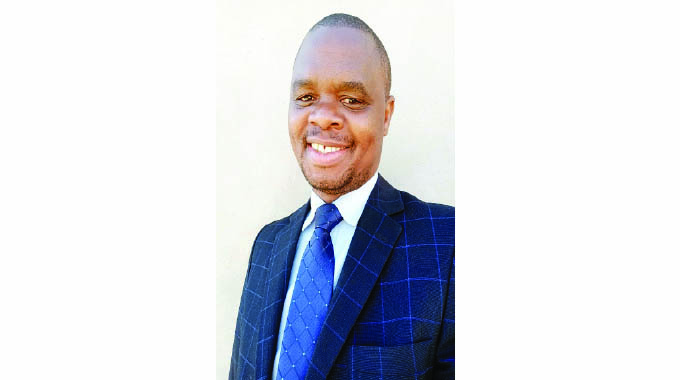
Thandeka Moyo-Ndlovu, Senior Reporter
FOR the past 30 years, Zimbabwe has joined the rest of the world in marking 16 days of Activism against Gender Based Violence (GBV) with clear messages that castigate abusive men, who are often deemed the perpetrators.
Nearly 40 percent of Zimbabwean women and girls have experienced sexual or physical abuse at stage in their life.
Despite compelling evidence that men dominate the list of GBV perpetrators, women too, have created an enabling environment by either victimising those who report abusive men or by simply choosing to support sexual offenders. Three Bulawayo women recently made headlines for assisting armed robbers to gang rape a fellow woman.
The courts have also been seized with rape cases with some mothers choosing to testify against their sexually abused daughters or relatives just to save relationships with their lovers.
Statistics show that nearly half of physical and sexual GBV cases that are reported are withdrawn at the police station after family members influence the survivors to ‘forgive’ abusers.
A further 10 percent of reported cases are withdrawn before the courts.
Local gender activist Ms Lindile Ndebele said although the 16 days of activism are targeted at male perpetrators, the society should face the reality that there are some women who also create an enabling environment for abusers to thrive.
“It is very true that in some cases women create an enabling environment for others to be abused by supporting perpetrators or discouraging the abused from reporting. Programmes have however, shifted to focus on the toxicity including the reason why abuse continues to flourish in households and going unreported,” she said.
“Further to that, child marriages are protected by women and the girls who are giving birth at shrines are being assisted by midwives (women). The pregnancy is kept a secret until something bad happens hence the need to mobilise women so that they stop creating a conducive environment for abusers.”
Ms Ndebele said there is a need to mobilise and empower women to be able to stand against any form of abuse, even if it involves a relative or lover.
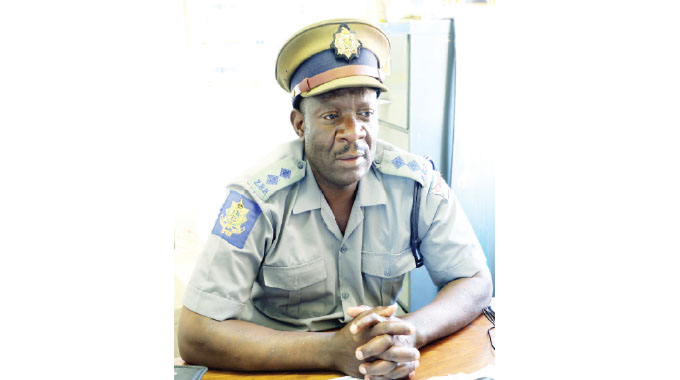
Inspector Abednico Ncube
“Action also needs to be taken against such women who defy justice, and we also need to start talking about how such behaviours impact the lives of abused women and girls. The law should punish both GBV perpetrators and those who get involved by encouraging the abused not to report,” she said.
Speaking on the sidelines of a GBV awareness campaign in a Bulawayo yesterday, police spokesperson for Bulawayo province, Inspector Abednico Ncube said for a long time, they have noted that women are creating an enabling environment for abusers to continue inflicting pain on women and girls.
“We have noted with concern that when dealing with GBV, especially domestic violence where children are abused at home, perpetrators are usually close relatives or well-known persons. Step-fathers, neighbours, boyfriends usually top the list of sexual abusers and often mothers, grandmothers and some guardians are not willing to report such cases as these abusers are breadwinners,” he said.
“Women often sympathise with abusive breadwinners as they cannot imagine life without them thereby violating the rights of those who would have been abused. Families, in-laws and relatives also force abused women and girls to withdraw cases.”
Insp Ncube said once an offence is committed no one has a right to force the victim to be merciful to the perpetrator.

“I call on all women to desist from victimising those who would have been abused acting on behalf of their sons, boyfriends, husbands or relatives. In fact, people who act in that manner will face the full wrath of the law,” he said.
“If anyone interferes in such cases, they automatically become liable for defeating the course of justice.”
Fathers against Abuse (FFA) founder and director Mr Alois Nyamazana said such problems emanate from the existing patriarchal structures that condone violence.
He said the fact that most women are still economically dependent on men hence the likelihood for them to do anything to maintain the relationship.
“Violence due to patriarchy can be condoned by both women and men who were socialised to normalise abuse. Some women actually defend it in the name of culture and upholding family relations within the African context,” said Mr Nyamazana.
“When abuse happens families think it’s normal to sit down, discuss and find a way out even though it means protecting the perpetrator. We have women who protect their boyfriends, lovers, husbands based on the value that is attached to marriage.’’
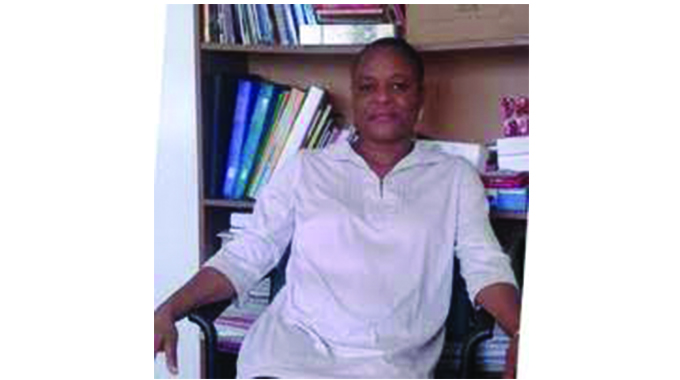
Ms Lindile Ndebele
Mr Nyamazana said women were raised in such a way that they think the breakdown of a marriage is a sign of failure.
“The main issue revolves around economic challenges since most women are still dependent on men for their upkeep. I think we need to change the narrative in terms of how we raise the girl child,” he said.
Mr Nyamazana said as a way of mitigating the impact, there is an urgent need to initiate dialogue between both men and women on how to end abuse.
“We need to engage both women and men in dialogue and interrogate our cultural beliefs, which are enablers of abuse and how to deal with them. Whatever action is perpetrating abuse should be openly rebuked and eradicated so that we protect our women and girls,” he said.

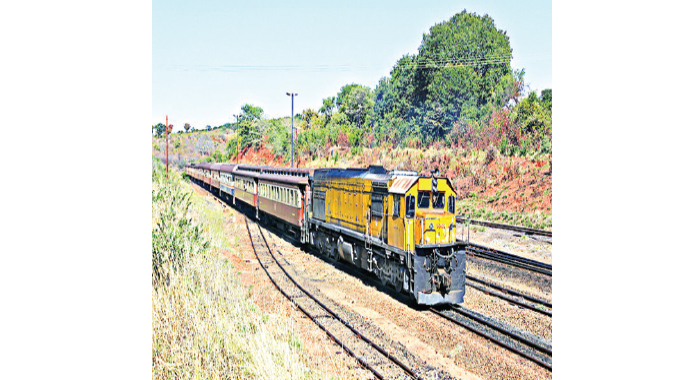



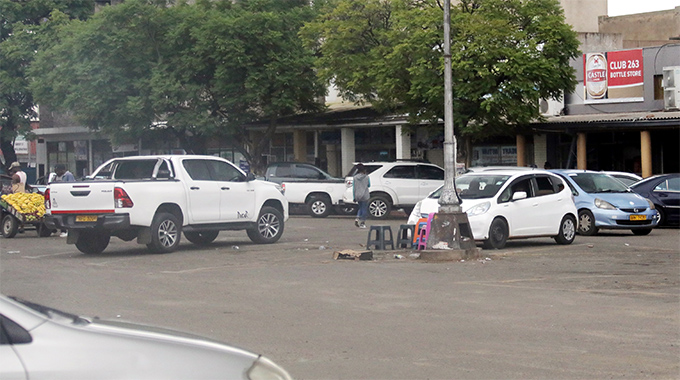






Comments